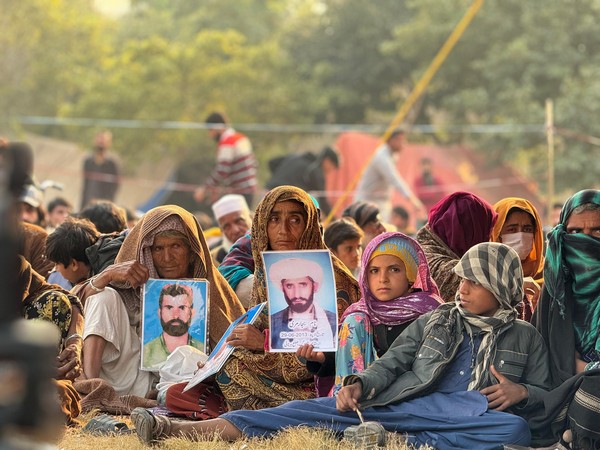
The government officials, responsible for supplying adequate wheat flour to the people, failed on several counts, forcing people to come out into the streets, blocking highways, for weeks before the government capitulated. Many of the officials were involved in hoarding and smuggling wheat flour and did not bother about the people … writes Dr Sakariya Kareem
Pakistan officials, tasked to look after the welfare of the far-flung region of Gilgit-Baltistan, are playing with the lives of hard-pressed people with their callous attitude and behaviour. The region lacks power and water, good roads and essential services. Thanks to the bureaucracy, the region has become one of the poorer regions of Pakistan, another Balochistan in the mountains!
Bureaucrats, mostly on deputation from mainland Pakistan, care nothing about the well-being of the people who have been battling against all odds for basic living standards for a long. For several months, they have been seeking government help to provide adequate wheat flour. The government, on the other hand, had withdrawn the subsidy on wheat prices which was like a lifeline for thousands of poor and needy residents of Gilgit Baltistan.
The government officials, responsible for supplying adequate wheat flour to the people, failed on several counts, forcing people to come out into the streets, and blocking highways, for weeks before the government capitulated. Many of the officials were involved in hoarding and smuggling wheat flour and did not bother about the people.

The same inertia is being shown in other fields of public work. In the case of water and power, even the Chief Minister experienced bureaucratic ineptitude recently. The Chief Minister, Haji Gulbar Khan, had summoned a meeting of water and power officials recently but the Chief Engineer, Water and Power, Baltistan Region, chose to remain absent. This angered the CM and he asked his Minister of Planning and Development Raja Nasir Ali Khan to sanction the guilty officer. The Chief Minister said the absence of the Chief Engineer would only add to the woes of the people of the region.
This is only one of the several instances of officials from mainland Pakistan employed in Gilgit Baltistan behaving like `kings`, proving time and again their nonchalant attitude towards public welfare. The local people believe that this attitude has increased over the years as the government does not recruit the youth from the local area for the region’s requirements. Most of the officials are deputed from Punjab and other regions in Pakistan. These officers are so arrogant that they do not bother to consult or talk to the local communities about public welfare projects.
There was some relief when the federal government issued the Gilgit-Baltistan Empowerment and Self-Governance Order 2009, paving the way for the decentralisation of power to the local assembly and municipal bodies. Nothing happened thereafter. Only the bureaucracy became more powerful and authoritative. Secretaries became virtual rulers of the region and officers working under them assumed the role and power of municipal departments. There have often been clashes between officials and the local population. In one recent incident, an Assistant Commissioner of Gojal sealed a restaurant. His rude behaviour and threatening tone went viral on social media forcing his boss to cancel the sealing order.
The bureaucratic apathy, promoted by successive federal governments, has pushed the region into deeper poverty, inadequate access to basic services such as healthcare, education and clean water besides a higher rate of unemployment among the youth. The region suffers from poor infrastructure and roads, persistent power shortages and bad internet connectivity, making Gilgit Baltistan one of the poorest regions in Pakistan.


